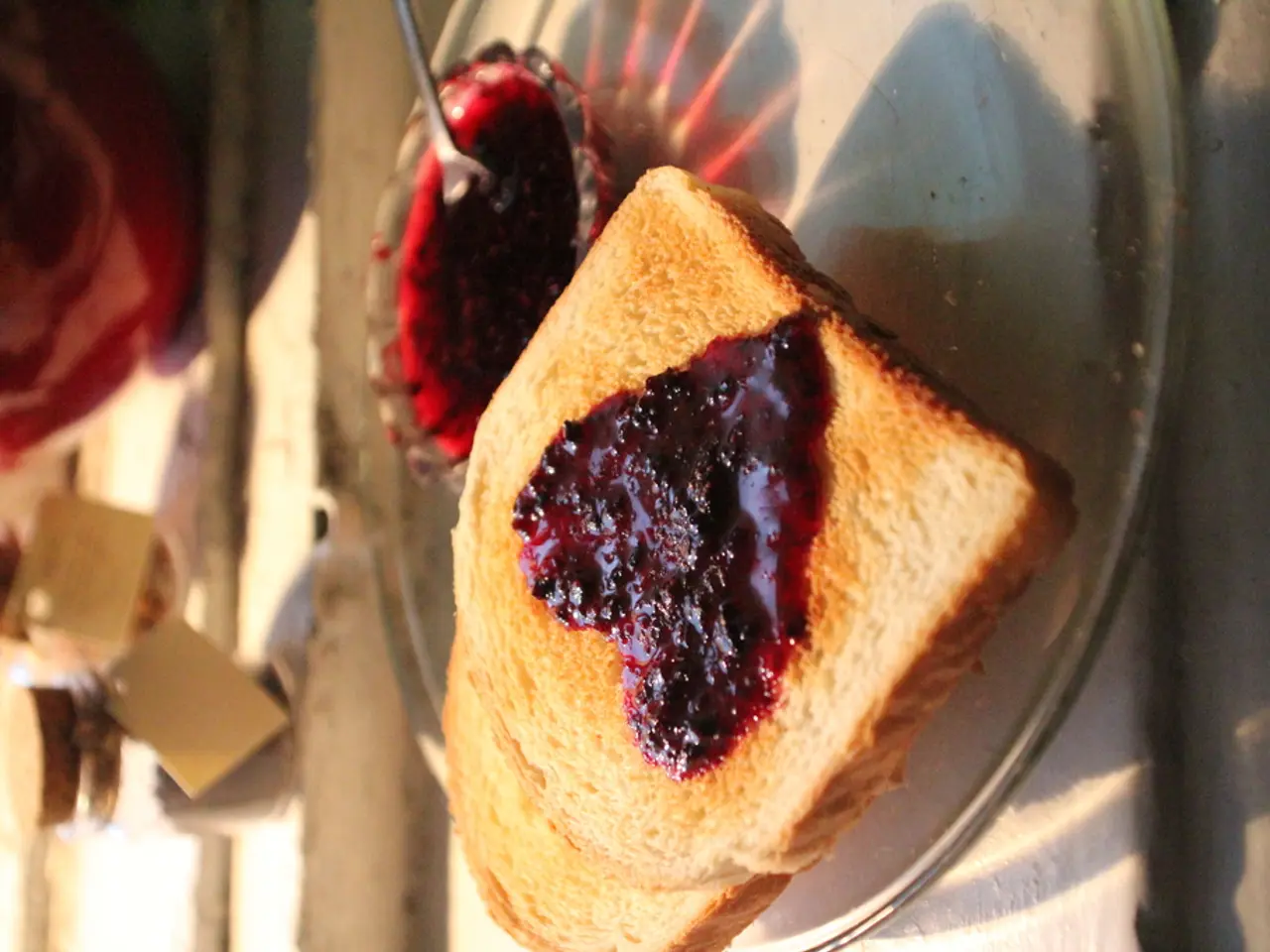Digestion Deep Dive: Understanding causes, remedies, and beyond for regurgitation problems
Regurgitation, the return of stomach contents up the esophagus and into the mouth, is a common symptom associated with Gastroesophageal Reflux Disease (GERD). This condition arises primarily due to a malfunction or weakening of the lower esophageal sphincter (LES), a muscle that prevents stomach acid and contents from flowing back into the esophagus.
Common Causes of Regurgitation and GERD
Several factors can contribute to the weakening of the LES, leading to regurgitation and GERD symptoms. These include lifestyle factors such as diets high in spicy or fatty foods, caffeine, alcohol consumption, smoking, obesity, eating large meals, and lying down after eating. Anatomical issues like hiatal hernias, where a portion of the stomach pushes through the diaphragm, can also impair LES function. Physiological changes during pregnancy increase abdominal pressure and hormonal changes that relax the LES. Certain medications like antihistamines, calcium channel blockers, and painkillers may also relax the LES, promoting acid reflux.
Other Medical Conditions Causing Regurgitation
Beyond GERD, other medical conditions that may cause regurgitation include hiatal hernia and conditions that affect esophageal motility or clearance. However, GERD is the most common cause.
Treatments for Regurgitation and GERD
Treatments for regurgitation and GERD generally fall into three categories: lifestyle changes, medications, and surgical options.
Lifestyle Changes
Lifestyle modifications play a significant role in managing GERD and regurgitation. These changes include weight loss if overweight or obese, avoiding triggering foods such as spicy, fatty, caffeinated, alcoholic, and acidic foods, not eating right before lying down or sleeping, elevating the head during sleep, smoking cessation, and avoiding tight clothing and activities that increase abdominal pressure after meals.
Medications
Medications can help manage GERD symptoms. Antacids can neutralize stomach acid, while alginates can protect the esophageal lining from acid. Proton pump inhibitors (PPIs) and histamine H2 receptor blockers can reduce acid production. The choice of medication depends on symptom severity, with long-term PPI use requiring close monitoring due to potential side effects like vitamin deficiencies and increased risks of kidney or cardiovascular issues.
Surgical Options
Surgical options may be considered when lifestyle modifications and medications do not control symptoms or when complications arise, such as Barrett’s esophagus or esophageal strictures. Surgical procedures, including minimally invasive options, aim to strengthen LES function or correct hiatal hernias.
Complications and Associated Conditions
Regurgitation related to GERD can exacerbate ENT (ear, nose, throat) conditions such as laryngitis, chronic cough, asthma, rhinitis, and can increase the risk of ear infections due to acid irritation in the upper airway.
In summary, regurgitation in GERD primarily results from LES dysfunction influenced by lifestyle, anatomical, physiological, and medication factors. Treatment involves a stepwise approach starting with lifestyle changes, progressing to medication, and, in severe or complicated cases, surgery. Managing regurgitation effectively also helps prevent associated respiratory and ENT complications.
[1] [Katz, P. (2015). Gastroesophageal Reflux Disease. In StatPearls [Internet]. StatPearls Publishing.] [2] [Moran, J. L., & DeMeester, T. R. (2015). Antireflux surgery. In StatPearls [Internet]. StatPearls Publishing.] [3] [Sifrim, D. (2015). Hiatal Hernia. In StatPearls [Internet]. StatPearls Publishing.] [4] [Sifrim, D. (2015). Gastroesophageal Reflux Disease. In StatPearls [Internet]. StatPearls Publishing.] [5] [Sifrim, D. (2015). Gastroesophageal Reflux Disease Complications. In StatPearls [Internet]. StatPearls Publishing.]








